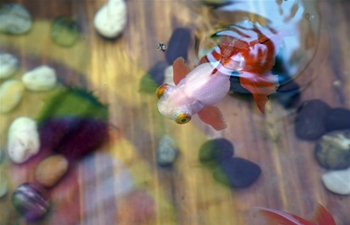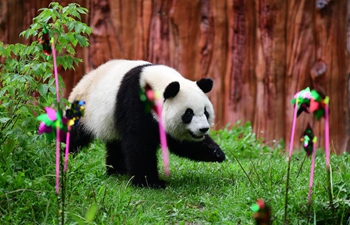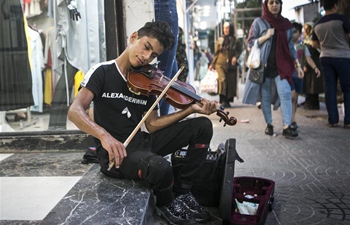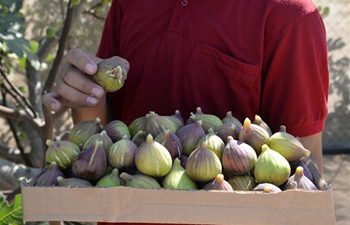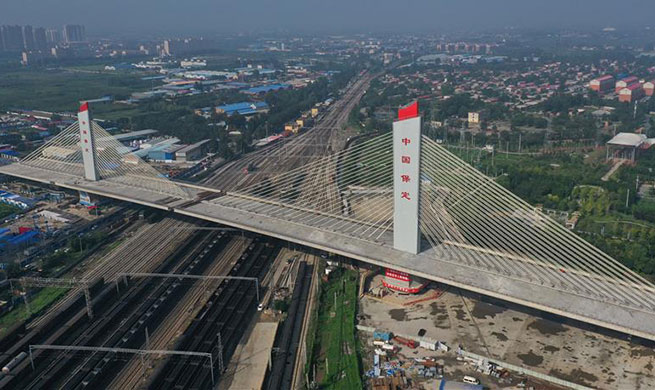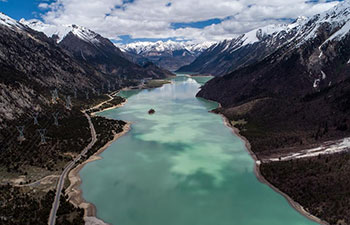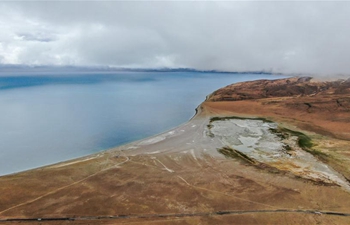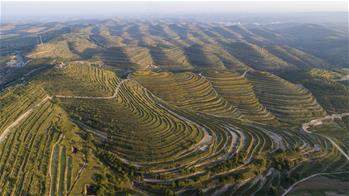ATHENS, July 30 (Xinhua) -- Greek police recorded 142 cases of human trafficking from 2014 to 2018, with the vast majority of the victims being women, Greek national news agency AMNA reported on Tuesday, on the occasion of the World Day against Trafficking in Persons.
According to Greek Police data, the number of recognized victims at the same five-year period was 229. The number of female victims was as high as 178, representing 77.7 percent of the total, while the remaining 26.2 percent were 60 minors. Despite the general perception that the victims of human trafficking were only foreigners, 32 of the victims were Greek citizens.
Sexual exploitation, labor slavery (especially in the agricultural sector) and forced begging are the three forms of trafficking that are most commonly found in the country, according to Greek police.
The statistics though do not reflect the actual dimensions of the phenomenon, National Rapporteur for combating trafficking in human beings, Iraklis Moskov, told AMNA.
Apart from the officially recognized victims, there are many potential victims, people who do not report being victims of exploitation but who reach out to institutions for help.
Their detection and identification remains a challenge in Greece, particularly in recent years, due to the significant increase of migratory flows since 2016.
Their exploitation, according to Moskov, is linked to a robust market of "products and services", from clothing factories, fields, and prostitution to begging, trafficking of babies, illegal adoptions, etc.
Since Jan. 1, 2019, the Office of the National Coordinator in cooperation with the National Center for Social Solidarity (EKKA) of the Ministry of Labor has been implementing the National Reference Mechanism (EMA), a tool for coordinating all national services for the protection of the victims and the collection of data. The most recent action of the Mechanism is to expand the professionals who can help identify and assist more potential victims, through their training.
A team of experts organize training to the Greek islands most affected by the refugee crisis (Lesvos, Chios, Samos, Kos, Leros), followed by Evros in August and island of Rhodes in September. Policemen, port authorities, NGO workers, nurses, social workers are among the professionals who have attended the classes.
The next project is the creation of five structures for victims of human trafficking: two for men in Athens and Thessaloniki, two for minors (boys and girls) in Athens and one for women in Athens.
World Day Against Trafficking in Persons is an annual event of the United Nations marked every July 30th, aiming to stop the exploitation of people for profit and help the victims rebuild their lives.
